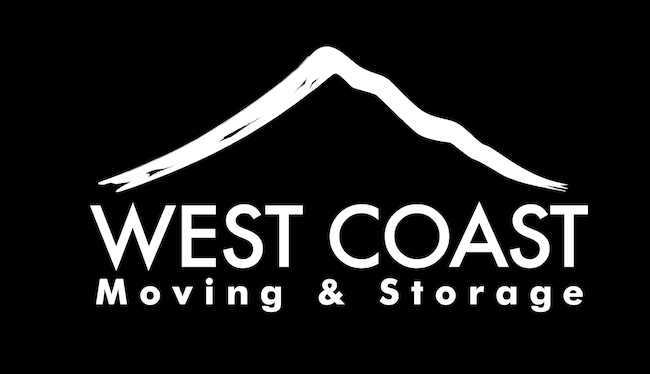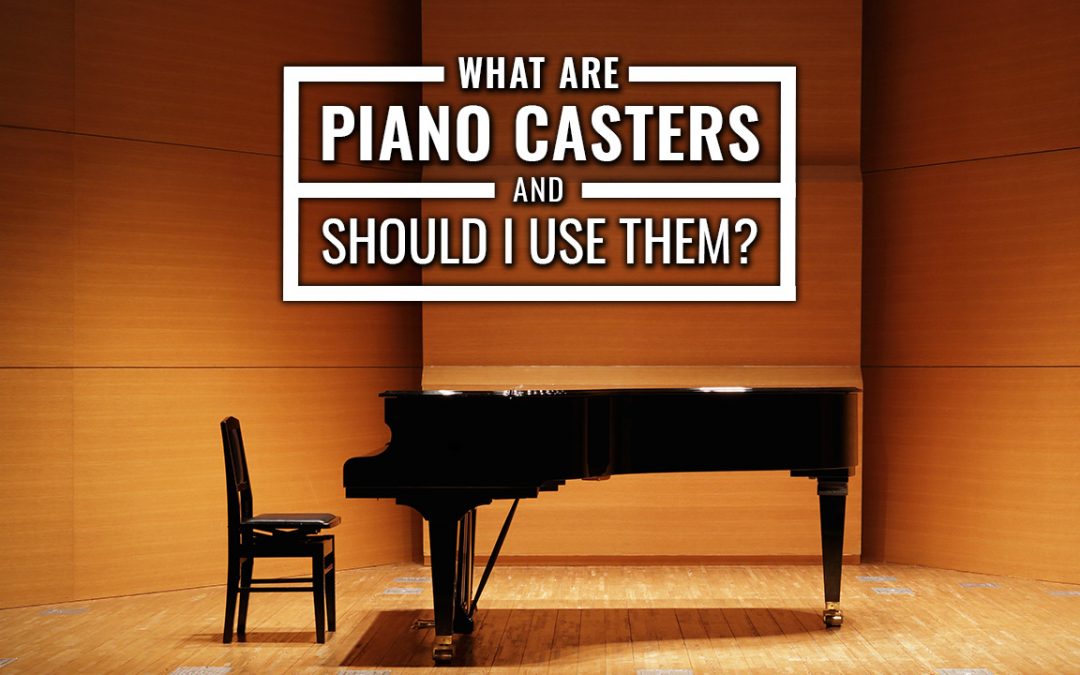What Are Piano Casters?
Piano casters are the wheels attached to the base or legs of grand and upright pianos to make moving your instrument easier. Casters come in a variety of styles and functionality.
What Piano Owners Need to Know About Casters
There may come a time when you need to move your piano. Generally, it’s not an easy task due to the piano’s weight. One of the things that make the moving process easier is casters.
This is good to know because you may want to replace the original wheels. The type of casters you buy depends a lot on your personal preference.
What Are Rigid Casters?
There are two major categories of casters. One category is classified as rigid. These wheels are assembled in a fixed position so they only move forward and backward. This limited directional mobility is due to the wheels being mounted in a fixed frame. The frame is referred to as the following:
- Fork
- Housing
- Yoke
- Rig
Rigid casters are manufactured as a one or two-piece apparatus that’s welded or riveted together. This makes them sturdier than the other piano wheels classified as a swivel.
What Are Swivel Casters?
Swivel casters have multi-directional mobility, unlike rigid casters. The design allows 360-degree movement for the wheels. The following are different types of swivel wheels:
- Stem
- Plate
- Hollow Kingpin
- Kingpin-less
- Locking
Swivel casters are very beneficial for piano movement. The fact that the wheels turn in every direction allows for more effortlessly repositioning of your piano.
Common Styles for Piano Wheels
The original piano wheels that come with grand and upright pianos are made of metal. There are a few reasons why owners replace the casters.
- To prevent scrapes and scratches to their hardwood floors.
- Because the wheels can malfunction over time.
- The desire to update the look of the casters.
Because of this, many owners seek alternatives to metal wheels. The most popular options are rubber and brass casters.
Rubber wheels are a go-to choice when protecting your floor is of utmost importance. Whether you have hardwood, laminate or tile, these casters won’t scratch the surfaces.
The downside for many owners is that the rubber material isn’t visually appealing. If aesthetics is a top priority, consider brass casters. While these wheels are more attractive, they can scuff your floors when moving your piano.
If you prefer brass, you can use caster cups underneath the wheels. Common cup styles include:
- Stained hardwoods
- Painted hardwoods
- Lucite
- Plastic
Additionally, the cups come in an array of sizes to accommodate various wheel designs, such as a double caster cup. Generally speaking, grand pianos have larger wheels than upright pianos. Whatever caster cup you buy, these devices do a good job of protecting floors.
What Do I Need to Know About Moving Piano on Hardwood Floor?
Pianos are among the heaviest items to move. They’re right up there with antique furniture, hot tubs, and pool tables. The bulk of its weight is due to its internal components.
The harp on the inside is made of cast iron. The piano casing and soundboard are made of solid wood. On top of that, the amount of mechanical parts is extensive. Because of these factors, your floors are more prone to damage during the moving process.
Here’s a breakdown of the weight by piano type:
- Grand Pianos – These are the most difficult to move. On average, they weigh up to 1,000 lbs. Specialized models can exceed 1,000 lbs.
- Upright Pianos – These pianos are large and come in a variety of models. The weight ranges from 500 to 800 pounds. However, weight can exceed 800 lbs.
- Spinet Pianos – These pianos are the smallest version of the upright. They weigh in at 300 to 400 lbs.
As you see, piano casters carry a lot of weight. Whether you move your piano three feet or 3,000 feet, there’s a risk of scratching your floor. This is why it’s a good idea to use caster cups for added protection.

Move Your Piano the Easy Way
Although piano casters make the moving process easier, it’s not a task you want to tackle on your own. Instead, let us handle the job for you.
Here at West Coast Piano Moving & Storage, we have the skills, experience, and manpower to ensure your piano and floors remain damage-free. Contact us now if you have questions or want to learn more about our moving services.

